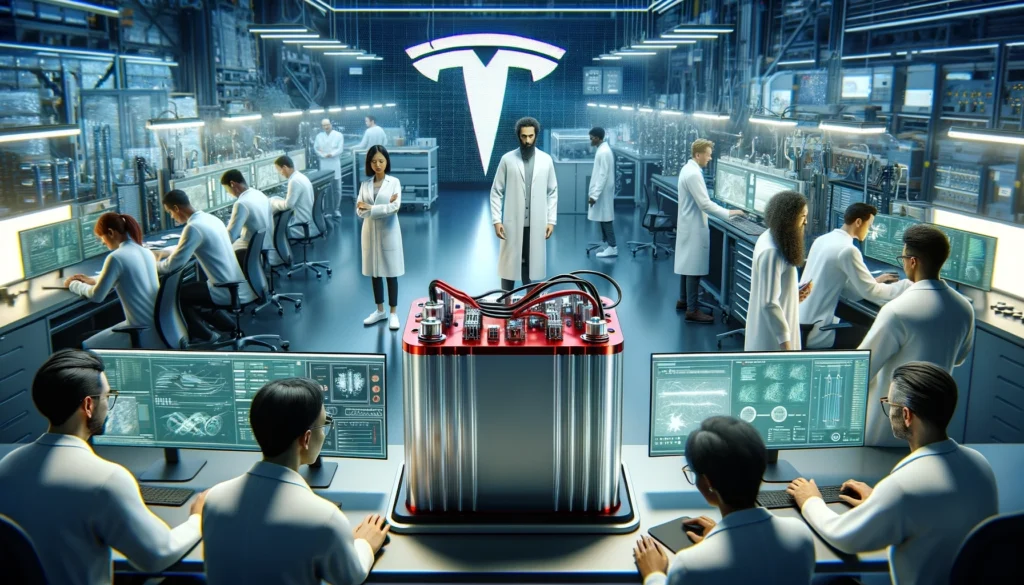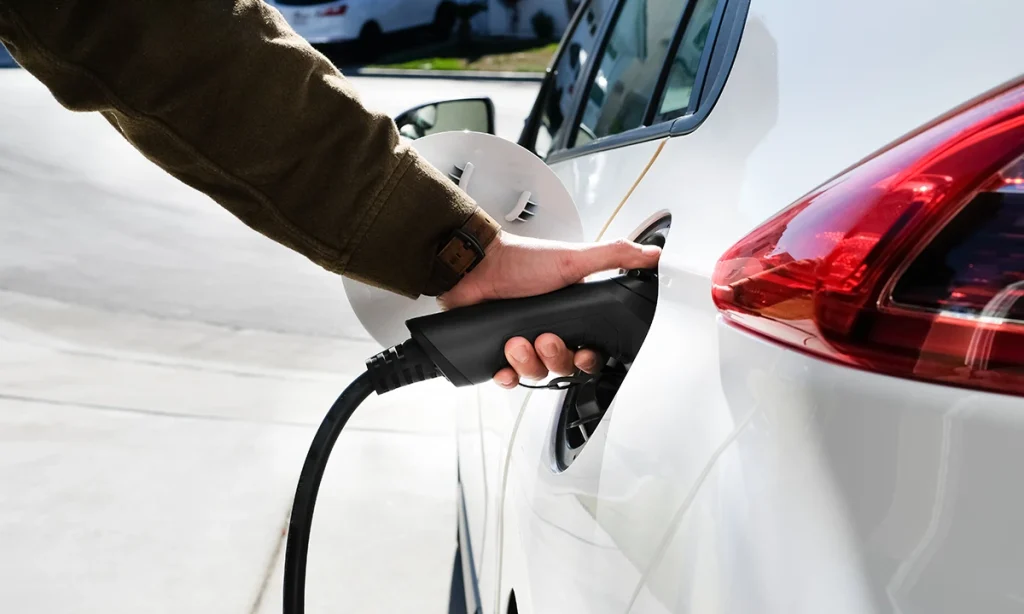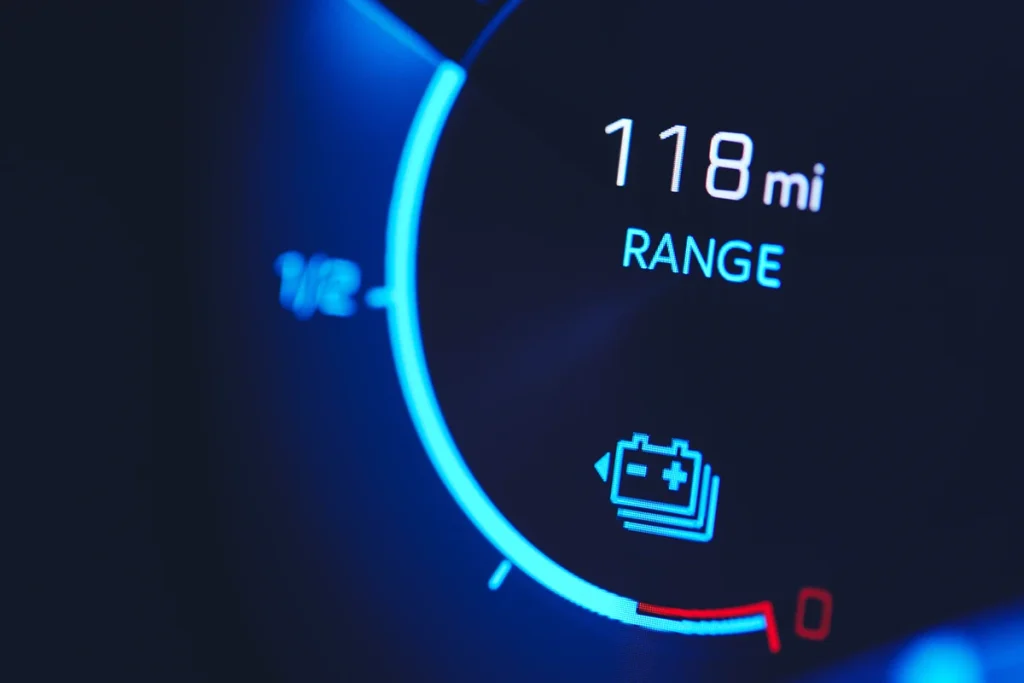Tesla, a leading name in the electric vehicle (EV) industry, is making significant strides in developing renewable batteries, a move that not only signifies the company’s commitment to sustainability but also influences the entire EV sector. The company’s next-generation EV powertrain, remarkably, uses no rare earth minerals, marking a pivotal shift in battery technology. This development aligns with Tesla’s ongoing efforts to create more environmentally-friendly batteries. Notably, since 2020, Tesla has been working to eliminate cobalt from its batteries due to the material’s problematic sourcing and environmental impact.
Tesla’s move towards cobalt-free batteries represents a major step in establishing a sustainable battery supply chain. The announcement of their next-generation powertrain, which completely eschews rare earth elements, was made during Tesla’s 2023 Investor Day event by Colin Campbell, the VP for Powertrain Engineering. This innovation not only places Tesla at the forefront of the EV sector but also impacts global suppliers and other car manufacturers. Following Tesla’s announcement, stocks of rare earth miners in China experienced a downturn, and companies like General Motors, Jaguar Land Rover, and Nissan followed suit, researching and developing electric motors with minimal or no rare earth content.
The industry’s shift away from rare earths is significant for environmental sustainability. Refining rare earths, such as neodymium and dysprosium, involves the production of toxic waste and solvents, which contradicts environmental goals. This change, led by Tesla, is opening up new possibilities for EV magnet production without the need for rare earths, as noted by Jonathan Rowntree, CEO of Niron Magnetics.
Tesla’s trailblazing approach in the electric vehicle (EV) sector extends beyond just crafting state-of-the-art vehicles; it’s fundamentally altering the EV battery landscape. By focusing on developing batteries devoid of rare earth minerals, Tesla is not only addressing environmental concerns but also mitigating potential supply chain vulnerabilities associated with these materials. This pioneering approach can significantly reduce the ecological footprint of EV production, aligning with global efforts towards environmental sustainability. Tesla’s initiatives are effectively setting new standards for the industry, compelling other major players to reevaluate and innovate their battery technology, potentially leading to a widespread shift towards more sustainable and ethically sourced materials in the EV market.


